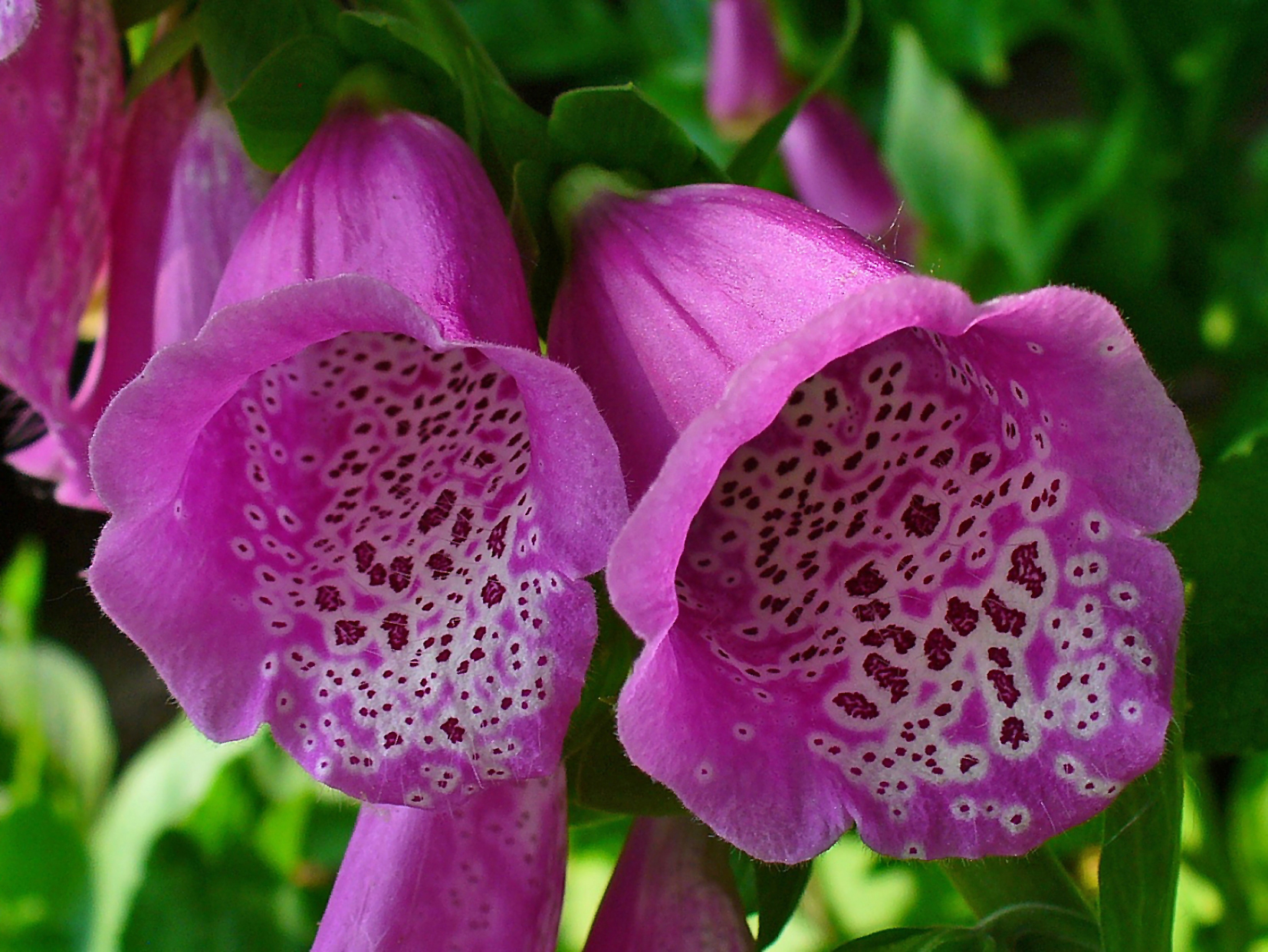I’m participating in another challenge from Chuck Wendig at terribleminds, but it’s a bit late. This one has been brewing…Part II in a three part colaboration.
The Wardrobe Monster (Pt I) by Mozelle
The power had gone out soon after the storm started up, and pretty soon after, her e-reader died too. She looked outside and noticed the whole neighbourhood was in darkness. Sighing, Savannah showered by torchlight and went off to bed.
But not for long… only a few minutes after she switched off her torch, she started hearing noises coming from her wardrobe – noises she had never heard before.
Unnatural noises.
Her folks had told her there was no such thing as monsters when she was a kid.
That was crap.
She knew it.
But then, she had seen this thing destroy people’s lives in a split second, and now she was sitting up in her bed terrified of it.
Savannah knew it was crap, and closed her eyes, “It’s not real, it’s not real, it’s not real…” she kept chanting to herself to see if it would make the noise in her wardrobe stop.
To make her mind from going crazy…
To make her nerves from being on edge…
…to make her relax again.
She pulled the covers of her bed up to her chin and watched the door handle of the wardrobe as the shadow of the trees moved across it, “Crap, I’m in my twenties and …” she swallowed dryly, “I’m too fucking old for this shit!” kicking off her covers, she pulled on her Ugg boots, dressing gown and grabbed the waterproof torch she kept by her bed when storms like this hit and switched it back on. Walking toward the wardrobe, she followed the large circle of light.
Five feet out, the noise started to sound like a grunting pig. She thought it was cute – but weird – seeing it came from where her clothes were stored.
Three feet out, her gut cooled as she heard scratching coming from inside… along with screams. The grunting was gone.
One foot, and Savannah noticed smoke was seeping from underneath the doors as she reached forward to open the door…
The door handle suddenly rattled loudly… clearly… and…
The whole door shuddered as though somebody bashed against it!
Savannah shuffled back, tripped over her glory box at the end of her bed, and sat on the end of her bed as the two wardrobe doors opened…
Part II (moi)
Silhouetted in the doors, a man in jeans and a leather flack jacket dusted off his sleeves. He looked up, with a sly little half-smile. “Savannah.”
Under the mischievous glance of big green eyes, Savannah found all her words dried up, her lips gaping like a fish.
“I know, I know.” He strode into her room, a bounce in his step. “I’m not what you were expecting. But you should know, that was a monster sent direct from the deepest levels of hell.”
“But…why?” Savannah gaped at him.
His eyes ran over her and Savannah pulled her robe tight, a fiercely hot blush on her cheeks. The smirk said everything. “Not all is as it appears on the first sighting.” He took her hand and the blush felt like it crept further down her body. “You, my dear, are the Turnpoint, the one who will change the balance of power in the spiritual world.”
His earnest gaze unsettled her. “And who do you represent?”
“Myself.” That bright flash of smile again, the mischief in blue eyes. “Me…I prefer the delights of chaos.”
“Are you–?”
The only answer was that smile again, and he inclined his head, the smirk rising from his lips to his eyes. He brushed a lock of dark curly hair out of his eyes. They understood each other, Savannah was sure.
“What does that mean for me?” Savannah asked, peering into the wardrobe.
Elegantly, her guest gestured at the open doors. “We enter the spiritual plane.”
Savannah drew back from the mist that curled cooly around her ankles. The idea made the hairs on the back of her neck prickle.
“I’m certainly not dressed for the occasion.” She drew back towards her bedroom door, surreptitiously kicking some discarded underwear under the bed.
“That won’t be a problem.” With a shrug, Loki clicked his fingers, and she had on her favourite jeans and sweater. He quirked an eyebrow, gauging her reaction with a thoughtful look, before he extended her a hand.
Nervously Savannah smoothed back her hair. Why her?
A beating began at her bedroom door, when Savannah knew they were alone in the house. The door bent inward with the ferocity of the attack as a high-pitched yowling that descended into a deep growl.
“Or you could wait here, to meet the envoy of the planes of Hel.”
With a gulp, Savannah took Loki’s hand. The frenzy at the door intensified, as with quick steps, Loki lead her to the door. Holding her breath, they passed between the planes, where the crossing burned and froze in the same searing moment and the howling fury of life and death rang in her ears.
His hand gently squeezed hers. “Welcome to the other side Savannah.”
Savannah opened her eyes to a darkness of the deepest fog. Flashes of light illuminated standing figures, frozen in a moment of time, the hue of light flickering.
“Who are they?”
“People in the throes of the choices that may cost them their souls…Or free them…”
Savannah looked at the figures with sadness. At that moment, out of the darkness, strode a young woman, her features resolving as she moved closer.
“Here’s trouble,” Loki mused under his breath, his easy half-smile emerging once again.
